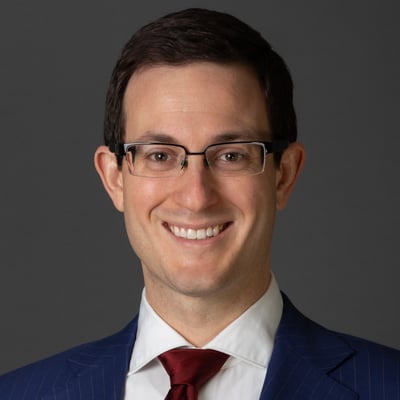SG Tells High Court It Backs Oracle In IP Row With Google
The U.S. Solicitor General on Tuesday said the U.S. Supreme Court shouldn't hear Google Inc.'s appeal of a lower court ruling that held aspects of Oracle Corp.'s Java programming language can be protected by copyright, according to a filing made publicly available Tuesday.
Recommending that Google's petition for a writ of certiorari be denied, the federal government said Google lacked merit in its argument that Oracle's so-called APIs — preset code blocks that help developers write in Java — are functional “methods of operation” that aren't eligible for copyright.
If accepted by the high court, Google's case could set up the second major ruling in a year on intellectual property protections afforded to software. In June, the high court ruled in Alice Corp. v. CLS Bank that the patents couldn't cover well-known concepts or ideas that were merely put into software form.
Solicitor General Donald B. Verrilli Jr. is saying the instant case doesn't involve the copying of code for an ordinary computer program and would thus be a poor vehicle for the Supreme Court to address for the first time the application of copyright principle to computer programs.
“Petitioner copied portions of a collection of prewritten Java methods distributed as part of a 'platform' of programming tools designed to assist programmers in writing other computer programs,” the amicus curaie brief said. “As a result, the parties and the courts below have devoted considerable attention to questions … that may have little significance in more common disputes.”
Oracle first sued Google in 2010, claiming the company's market-leading Android smartphone platform violated copyrights and patents for Java.
In 2011, as the case progressed in district court, Google sought inter partes re-examination from the U.S. Patent and Trademark Office of U.S. Patent No. 6,910,205, arguing that the Swedish report anticipated the patent’s claims. The examiner granted the re-examination and rejected all of the challenged claims as anticipated by the report, according to court papers.
In November 2013, the PTAB affirmed the examiner’s rejection. But the Federal Circuit in March 2015 found in a mixed decision that the patent office relied on an incorrect claim construction to invalidate the claims.
The patent infringement claims were eventually chopped off the instant suit. Oracle was initially looking for more than $1 billion in damages, but a federal jury cleared Google of patent infringement in May 2012.
A month later, a trial judge said the APIs in question couldn't be covered by copyright either. But in May 2014 the Federal Circuit overturned that ruling, and the case, and the question of just what kinds of software can be copyrighted, was appealed to the Supreme Court.
At the high court, Google has claimed it needed to use the APIs to make its Android operating system compatible with Java and that Oracle shouldn't be able to monopolize such “basic building blocks of computer design.” The company doesn't claim all software can't be copyrighted, only that the blocks of code at issue in the case are too functional to fall under copyright law — a flaw it says shouldn't be excused by the “multiple ways to express it” rule cited by the Federal Circuit.
Oracle, on the other hand, has urged the high court to refuse the case, saying Google's arguments about interoperability veer into the territory of fair use, something that the Federal Circuit specifically remanded for further lower court proceedings.
The Supreme Court in January invited government briefs on whether it should take up Google's case.
Oracle spokeswoman Deborah Hellinger told Law360 on Tuesday that they were pleased with the Solicitor General's recommendation that the Supreme Court deny Google's cert petition.
“The Solicitor General's brief agrees with the Federal Circuit's decision and affirms the importance of copyright protection as an incentive for software innovation,” Hellinger said.
A Google spokesman told Law360 on Tuesday that, “While we're disappointed, we look forward to supporting the clear language of the law and defending the concepts of interoperability that have traditionally contributed to innovation in the software industry.”
The U.S. is represented by Donald B. Verrilli Jr., Benjamin C. Mizer, Malcolm L. Stewart, John F. Bash, Douglas N. Letter, Mark R. Freeman and Sonia K. McNeil.
Oracle is represented by E. Joshua Rosenkranz of Orrick Herrington & Sutcliffe LLP, and Dale Cendali, Diana Torres and Joshua Simmons of Kirkland & Ellis LLP.
Google is represented by Daryl Joseffer of King & Spalding LLP, Robert Van Nest of Keker & Van Nest LLP and in-house counsel Renny Hwang.
The case is Google Inc. v. Oracle America Inc. case number 14-410, in the Supreme Court of the United States.

